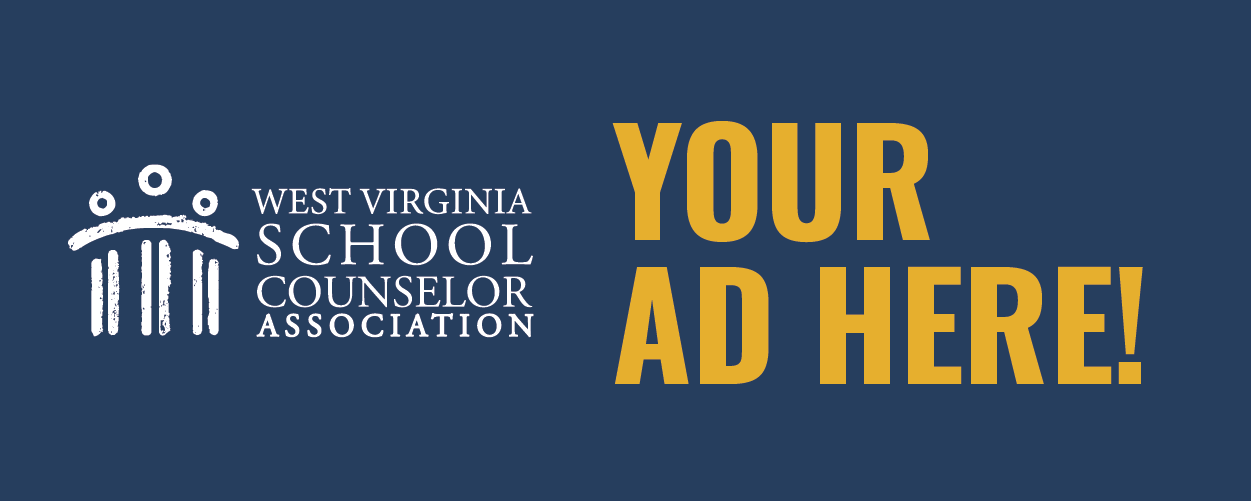COVID-19
The rapid spread of COVID-19, commonly referred to as the coronavirus, has forced districts to review and in some cases implement emergency shutdown plans. Plans should outline comprehensive school counseling services that will be provided and address equity and access issues such as ensuring students have access to computers and internet.
Depending on your district’s safety protocol, a school may want to appoint a multidisciplinary team to create plans so services can continue in the event of a shutdown. This team should include an administrator, school counselor, lead teachers, school social worker/psychologist and school nurse, plus other personnel deemed necessary.
PROVIDING VIRTUAL/DISTANCE SCHOOL COUNSELING
Plans for providing comprehensive school counseling services should take into account any state-specific legal mandates as well as ethical concerns. The ASCA Ethical Standards for School Counselors (A.15 Virtual/Distance School Counseling) provide guidelines for working in a virtual or distance learning environment. Providing school counseling services and activities in a virtual setting presents some challenges and limitations. Here are some issues to consider.
- Have you worked with administrators to develop a plan for how students and families can reach the school counselor through phone, email or online platforms? Do not use your personal phones or email accounts. If a communications method or online platform is not readily available, work with your school and district administration to find a solution.
- Are you following your school and district policies for online services/activities, accessing student information and using online platforms?
- Do you have procedures for students to follow in both emergency and non-emergency situations when the school counselor is not available?
- What steps will you take to mitigate the confidentiality limits you may face when providing virtual/distance school counseling?
- How will you educate students on ways to participate in the relationship through virtual/ distance school counseling? Develop methods to minimize or prevent potential misunderstandings that could occur due to a lack of visual and verbal cues or the inability to read body language.
- Are you providing as much information on the school counseling website as possible? You should be prepared to update it frequently.
PROVIDING DIRECT STUDENT SERVICES
Instruction: Prioritize the most critical academic, career and social/emotional lessons while continuing to teach the school counseling curriculum as much as possible through school/district online platforms. The uncertainty of working in a new environment may bring heightened stress to students. Review the ASCA Mindsets & Behaviors standards and focus on standards aligned with student needs and related to heightened stress such as:
- M 1. Belief in development of whole self, including a healthy balance of mental, social/emotional and physical well-being
- M 2. Self-confidence in ability to succeed
- B-SMS 7. Demonstrate effective coping skills when faced with a problem
- B-SMS 9. Demonstrate personal safety skills
- B-SMS 10. Demonstrate ability to manage transitions and ability to adapt to changing situations and responsibilities
- B-SS 9. Demonstrate social maturity and behaviors appropriate to the situation and environment
Appraisal and Advisement: Follow school/district guidelines when accessing student records, strengths/interests inventories and other student information through available online platforms. Be accessible to students through email, phone or online platforms for advising following the communication plan developed with school/district administration. Encourage students and families to use appropriate online resources to enhance academic, career and social/emotional development.
Counseling: Use school/district online platforms or communications methods following the communication plan to provide distance counseling. Recognize and mitigate the limitation of school counselor confidentiality in a virtual setting, which may include unintended viewers or recipients. Emphasize these limits in communications with students and families and when establishing boundaries of virtual counseling.
PROVIDING INDIRECT STUDENT SERVICES
Consultation and Collaboration: Use email and any available school/district online platforms and resources to provide consultation and collaboration with families, teachers, administrators and other school staff. Educate the school community on how to best access the school counselor.
Referrals: Because school counselors do not provide ongoing therapy, the team should review and update the list of available outside mental health services, social/emotional and physical well-being support and share with parents and families. Post referral information on the school counseling website as appropriate.
ADDITIONAL RESOURCES
ASCA webinars- Ethics with Virtual School Counseling
South Dakota Dept. of Ed. Resources
Serving Students with Disabilities
Student Loan Interest and Forbearance
ASCA Position Statement: The School Counselor and Virtual School Counseling
Magazine Article: It’s a Virtual World
Centers for Disease Control and Prevention: Guidance for School Settings

